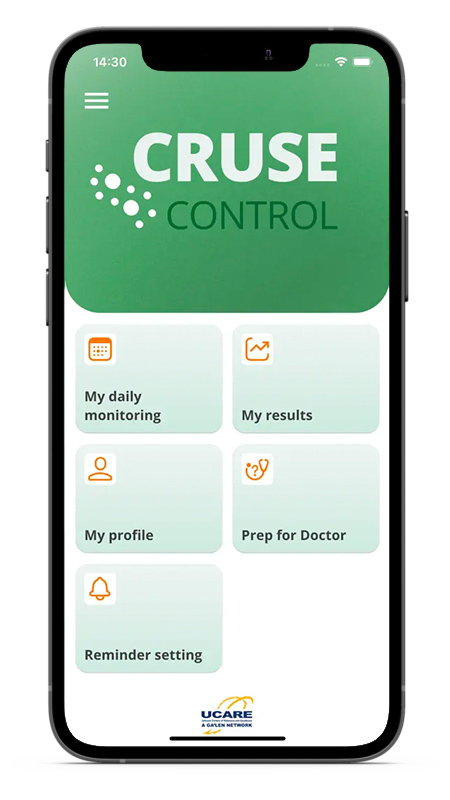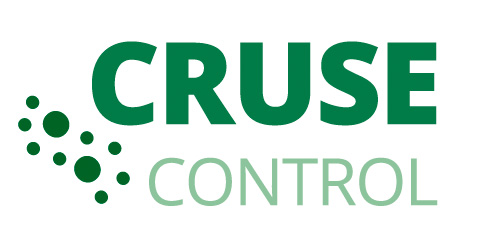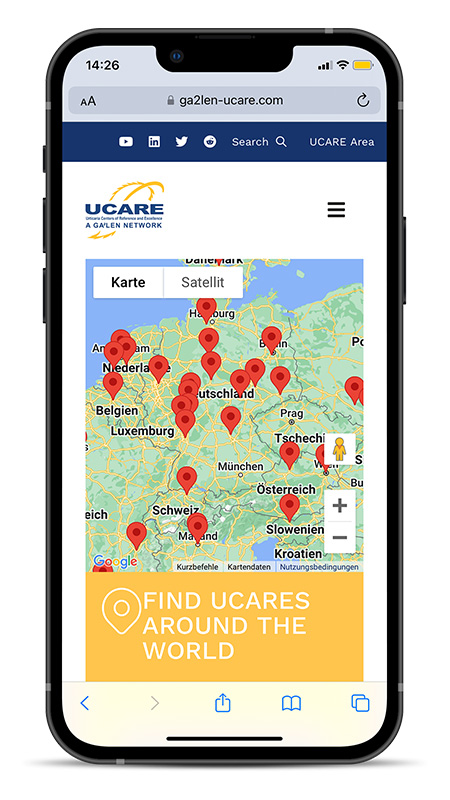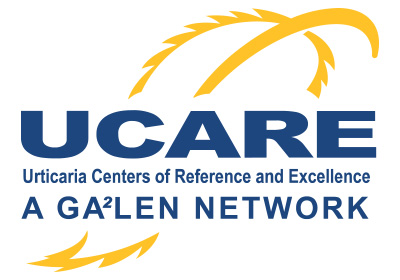Tips & tricks
Urticaria patients now have many ways to control and treat their disease. Below you will find a summary of helpful tips and tricks.
The CRUSE© Control app recently developed by renowned dermatologists is suitable for this purpose. It is available free of charge in all app and play stores and helps you control your condition.
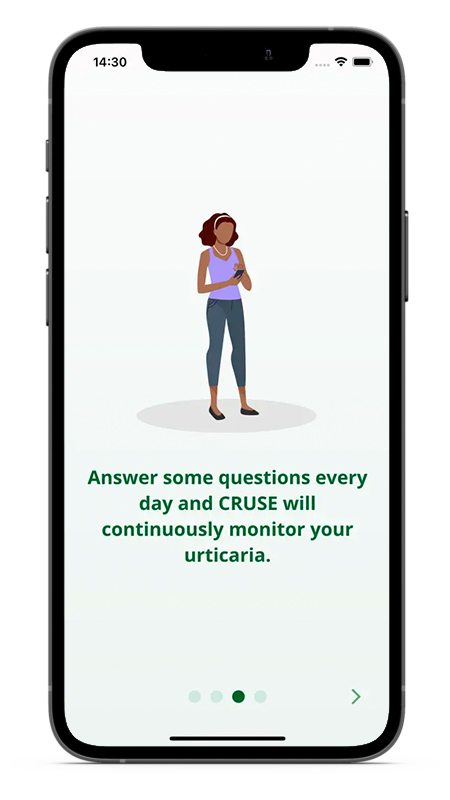
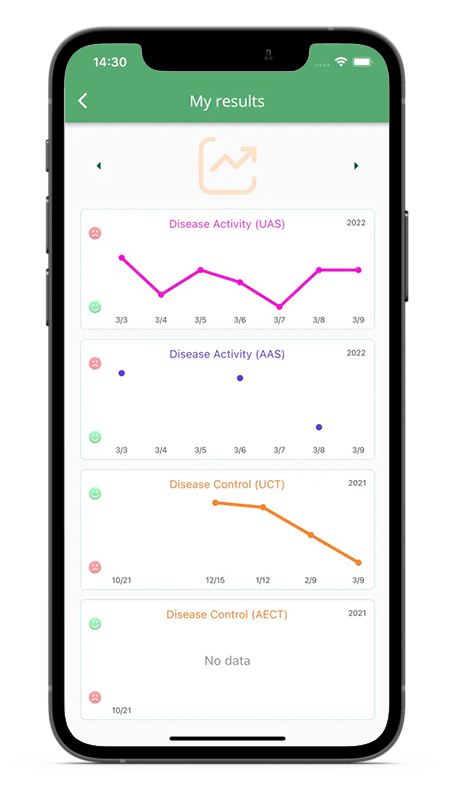
You have urticaria. The following questions should help us understand your current health situation. Please read through each question carefully and choose an answer from the five options that best fits your situation. Please limit yourself to the last four weeks. Please don’t think about the questions for a long time, and do remember to answer all questions and to provide only one answer to each question.
In Germany there are now more than ten specialist urticaria centers, known as UCAREs. They are part of an international network. You can find a current overview of the German UCAREs on the network’s website . At these centers, urticaria patients are treated according to current guidelines and the latest urticaria tests and instruments are available there. All UCAREs also carry out studies on urticaria and contribute to research into the disease.
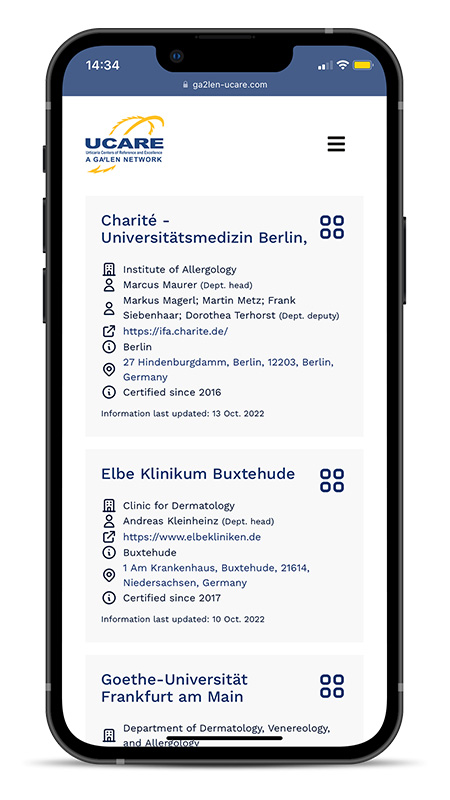
Do you suffer from one of the two forms of urticaria? With cold urticaria, extensive contact with a cold stimulus, e.g. swimming in cold water, can lead to dangerous symptoms such as a drop in blood pressure. For this you should always have an emergency kit containing an adrenalin injector, a cortisone preparation and an antihistamine with you so that you can react immediately. Patients with chronic spontaneous urticaria can have angioedema (swelling) on the lips or tongue. While there is nothing to worry about here, it is still uncomfortable and can be alarming. It can therefore be a good idea to carry an emergency kit containing a cortisone preparation, an antihistamine and, if needed, an adrenalin injector, with you.
You should take a modern second generation antihistamine as directed by your doctor. This is because, unlike first generation antihistamines, it does not make you drowsy.
Avoid strenuous exercise on the day of the injection.
Note that for some children who get urticaria when they have an infection, it is not the infection itself that causes urticaria, but the medicines that are given to fight it. To what extent fever syrups also play a role as a trigger here is not yet known, but should not be ruled out.
It is not possible to predict how urticaria will behave during pregnancy: Urticaria can either worsen or – probably more often – improve or stop. Whatever happens, urticaria does not have any repercussions for the child and will not be transmitted to the child. Tell the doctor looking after you about your urticaria and clarify early what medicines you can take during your pregnancy. If possible, you should generally avoid taking medication in the first three months of pregnancy in particular. However, should this be necessary, you don’t have to go without medication.
The most effective way of getting rid of itching is to stop wheals from appearing. If there are no triggers that can be avoided, or if avoiding triggers does not lead to freedom from symptoms, prophylactic therapy with antihistamines and, if necessary, an additional dose of omalizumab should be given.
You should avoid stress and certain painkillers known as nonsteroidal anti-inflammatory drugs. These include the headache remedy acetylsalicylic acid (ASA, e. g. in Aspirin®), Ibuprofen, Diclofenac and Novalminsulfon/Novalgin. These painkillers should be replaced by safer, pain-relieving, anti-inflammatory and fever-reducing medicines such as Paracetamol.

